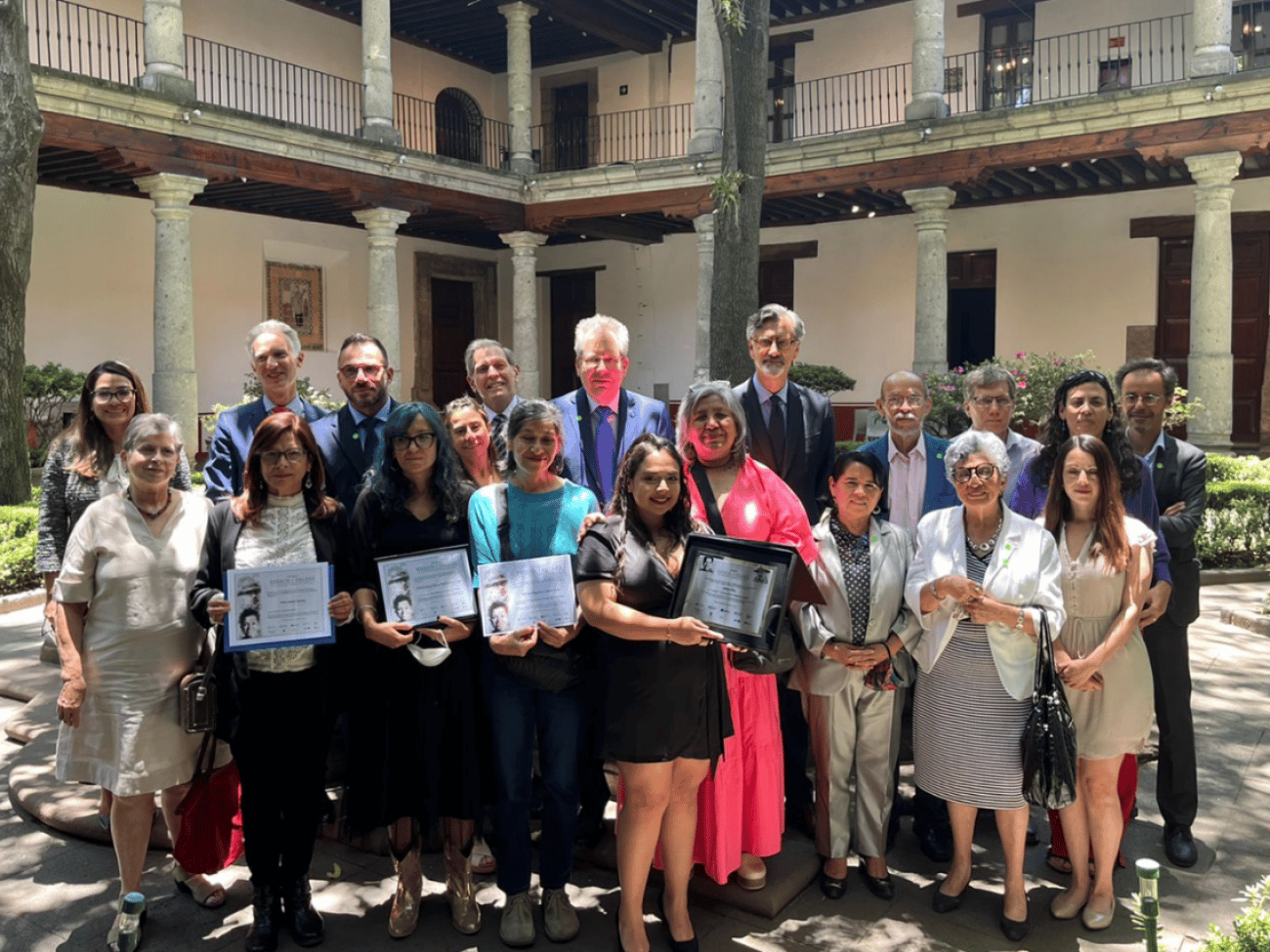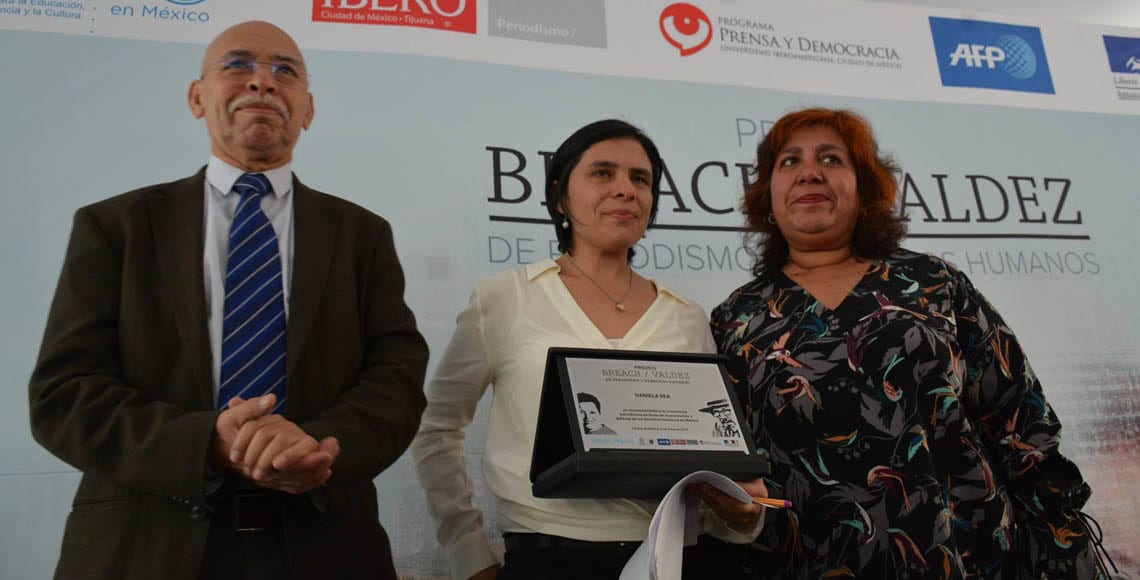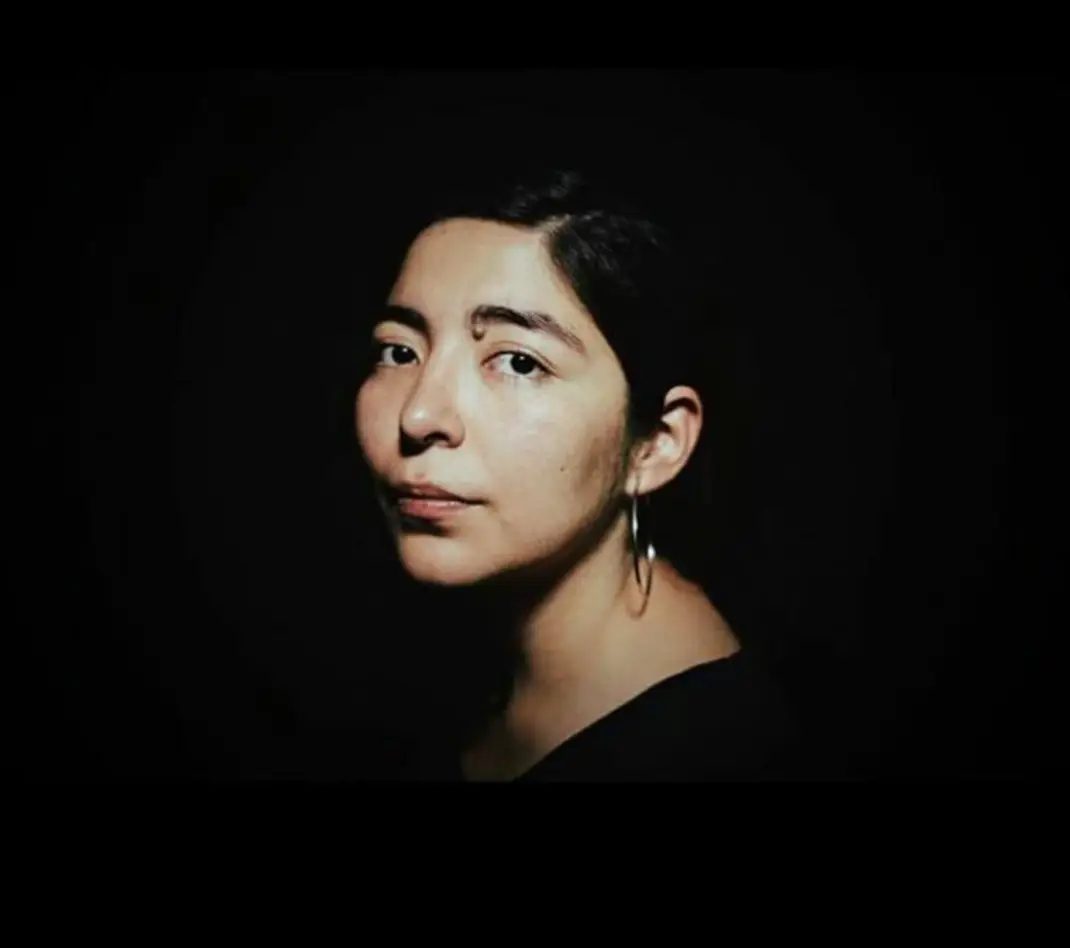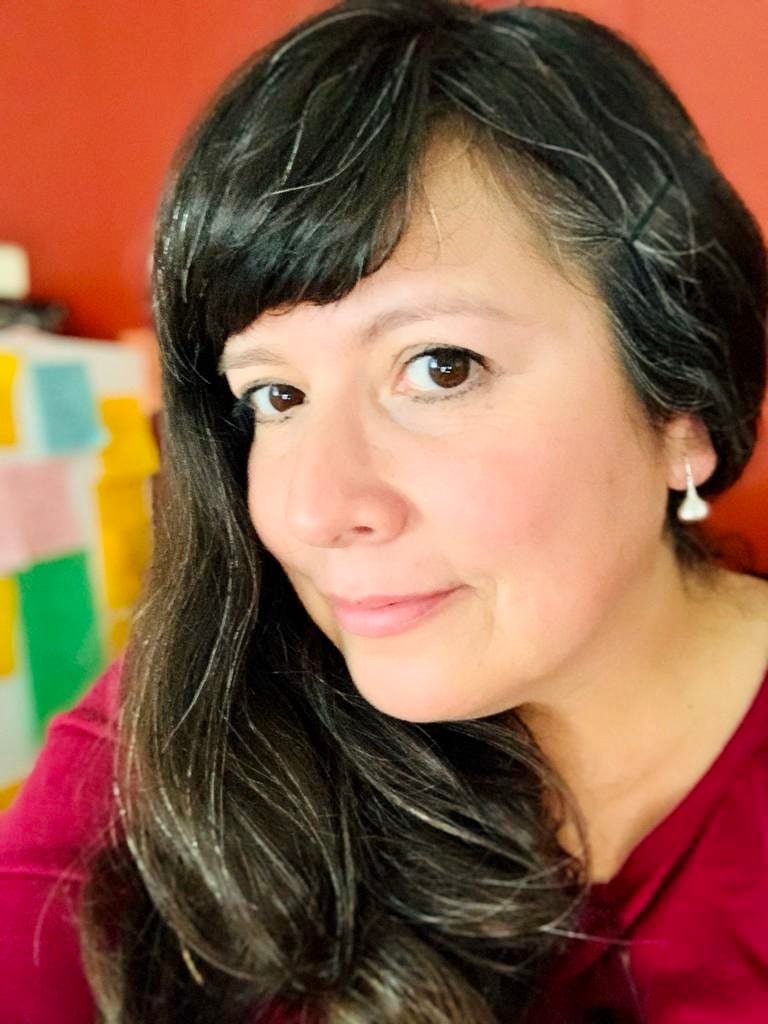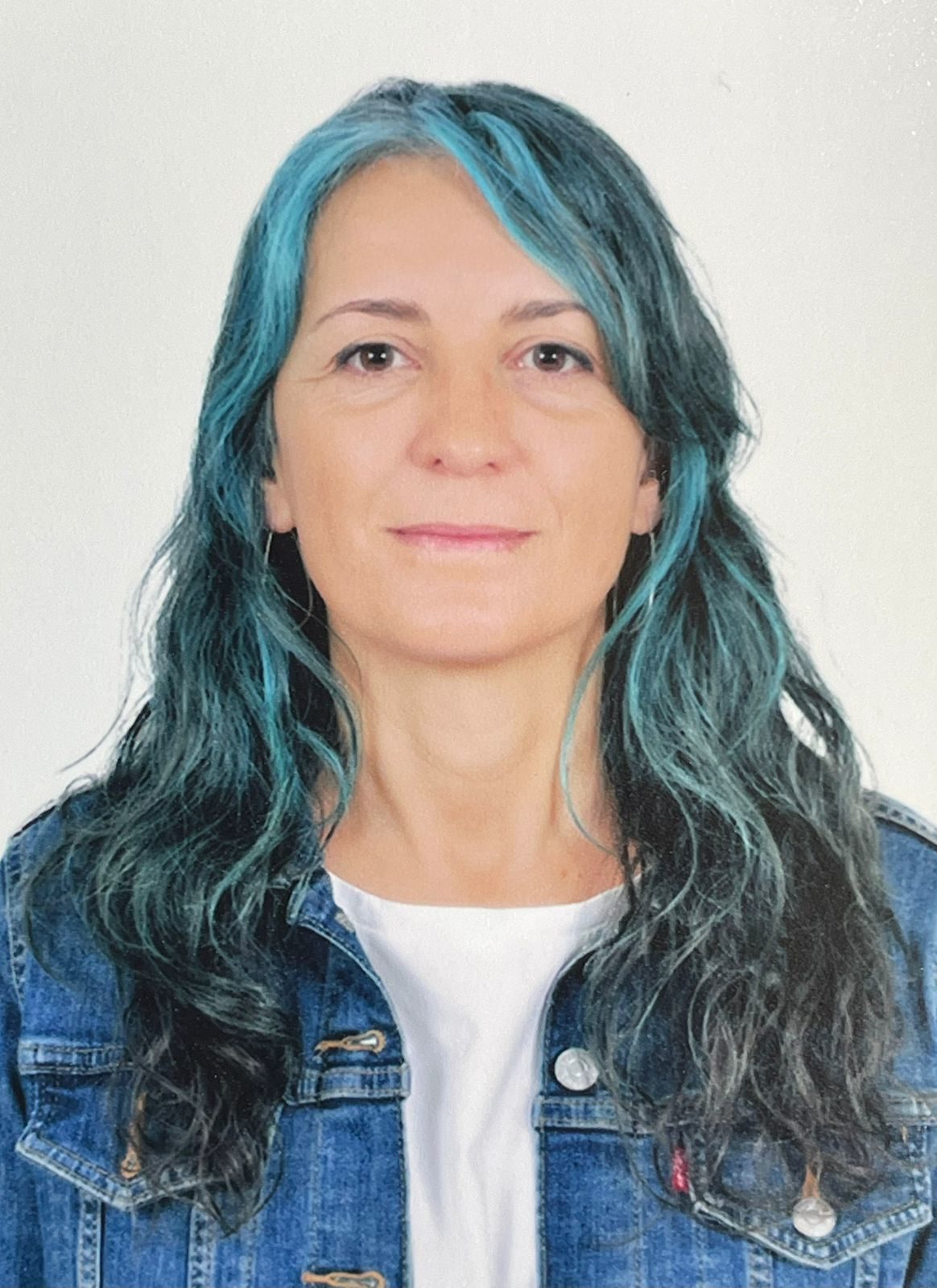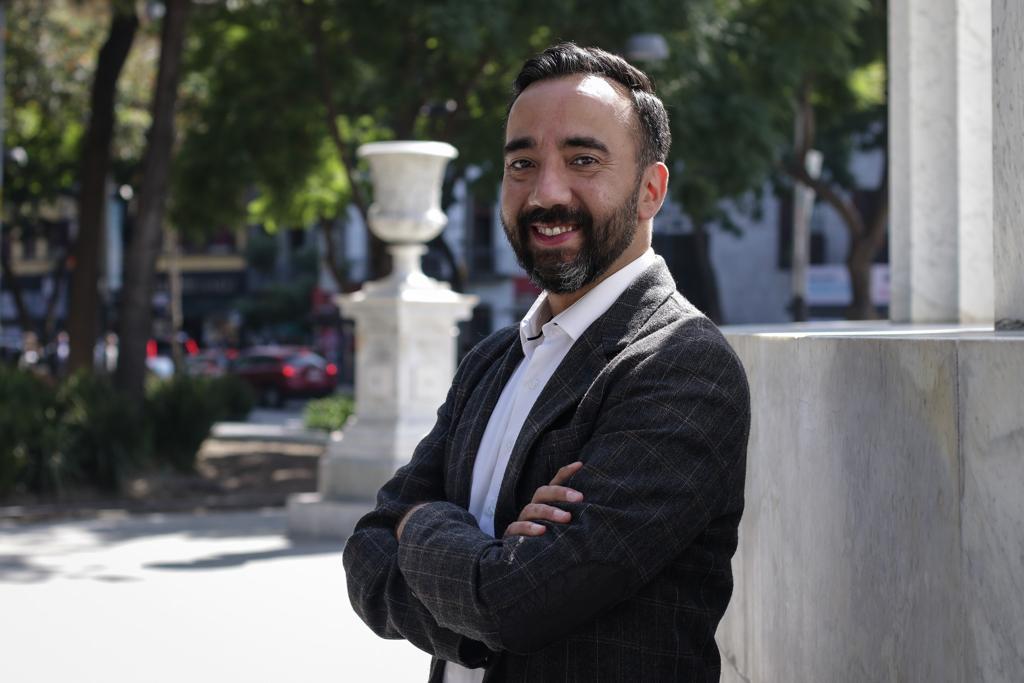Breach / Valdez Journalism and Human Rights Award
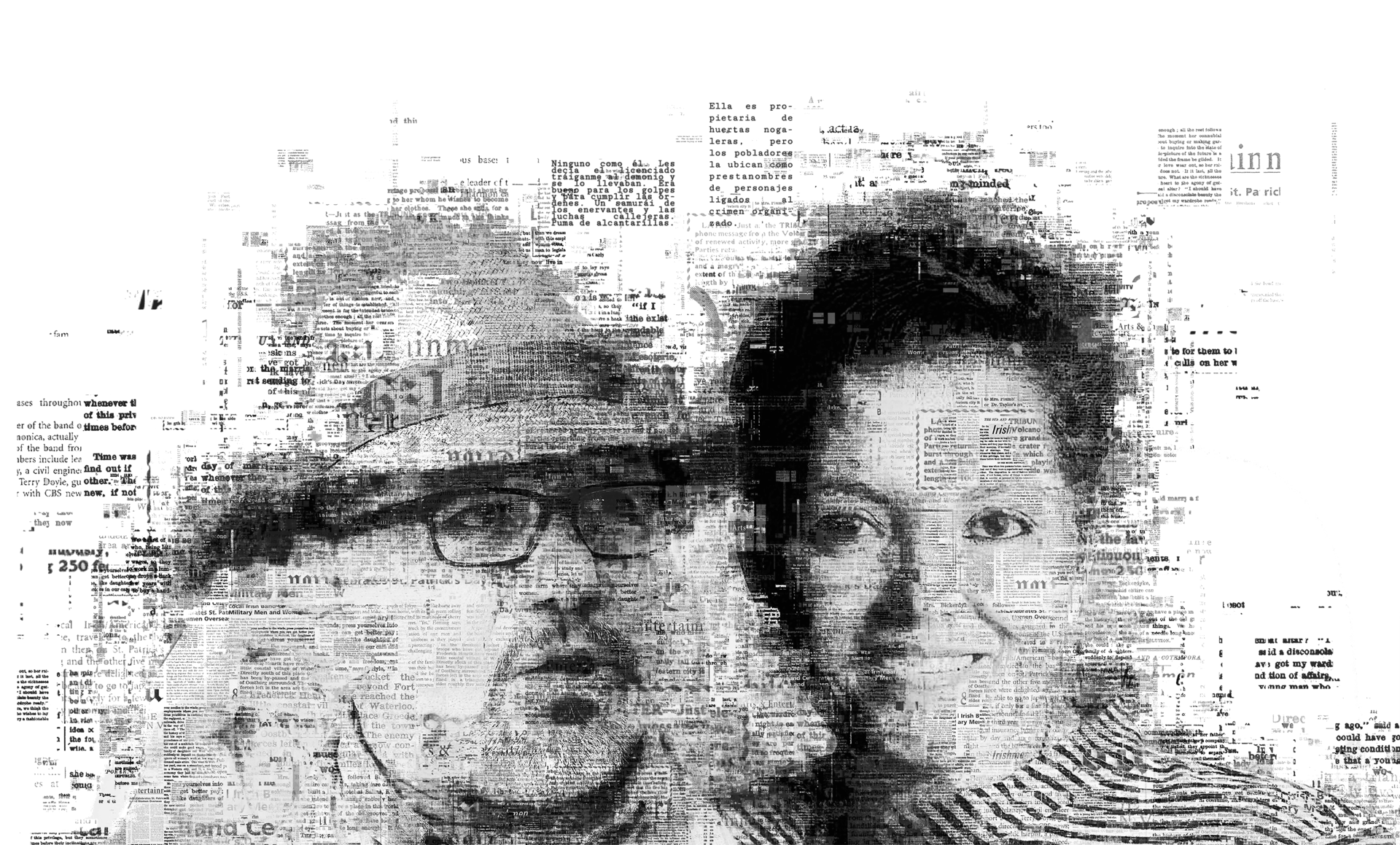
Eighty-six journalists and media workers were killed in 2022, one every four days according to UNESCO data, an increase of fifty percent in the number of journalists killed around the world. Mexico headed this distressing statistics with 19 journalists killed, followed by Ukraine with 10 and Haiti with 9.

The Breach / Valdez Journalism and Human Rights Award was created in 2018 to recognize the work, contribution and commitment to human rights of Mexican journalists, and to make visible their struggle against violence and the vicious circle of impunity.
The award is named after two internationally renowned journalists: Miroslava Breach, known for her work as an investigator of human rights violations, murdered on March 23, 2017 in the city of Chihuahua; and Javier Valdez Cárdenas, rewarded for his publications against organized crime, murdered on May 15 of the same year in Culiacán, Sinaloa.
In 2023 the fifth edition of the Breach / Valdez Award coincides with the 75th anniversary of the Universal Declaration of Human Rights, a historic milestone that calls on us to recognize and protect the work of journalists in furtherance of Article 19 on freedom of opinion and expression, and its importance to plural, just, safe and peaceful societies.
FIVE EDITIONS
Since 2018, on World Press Freedom Day the Breach / Valdez award has recognized the work of those who practice journalism in Mexico and advance human rights in spite of the risks they face.
In 2023 the organizers who include UNIC, UNHCHR, UNESCO, UNODC, France, Switzerland, AFP, RSF and the Ibero-American University, welcomed back the European Union. They also welcomed UNICEF with the creation of a new category to recognize the work of journalists in the advancement of the rights of children and adolescents in the country.
FIFTH EDITION, 2023
HUMAN RIGHTS CATEGORY
First Place
WINNERS
Ricardo Hernández
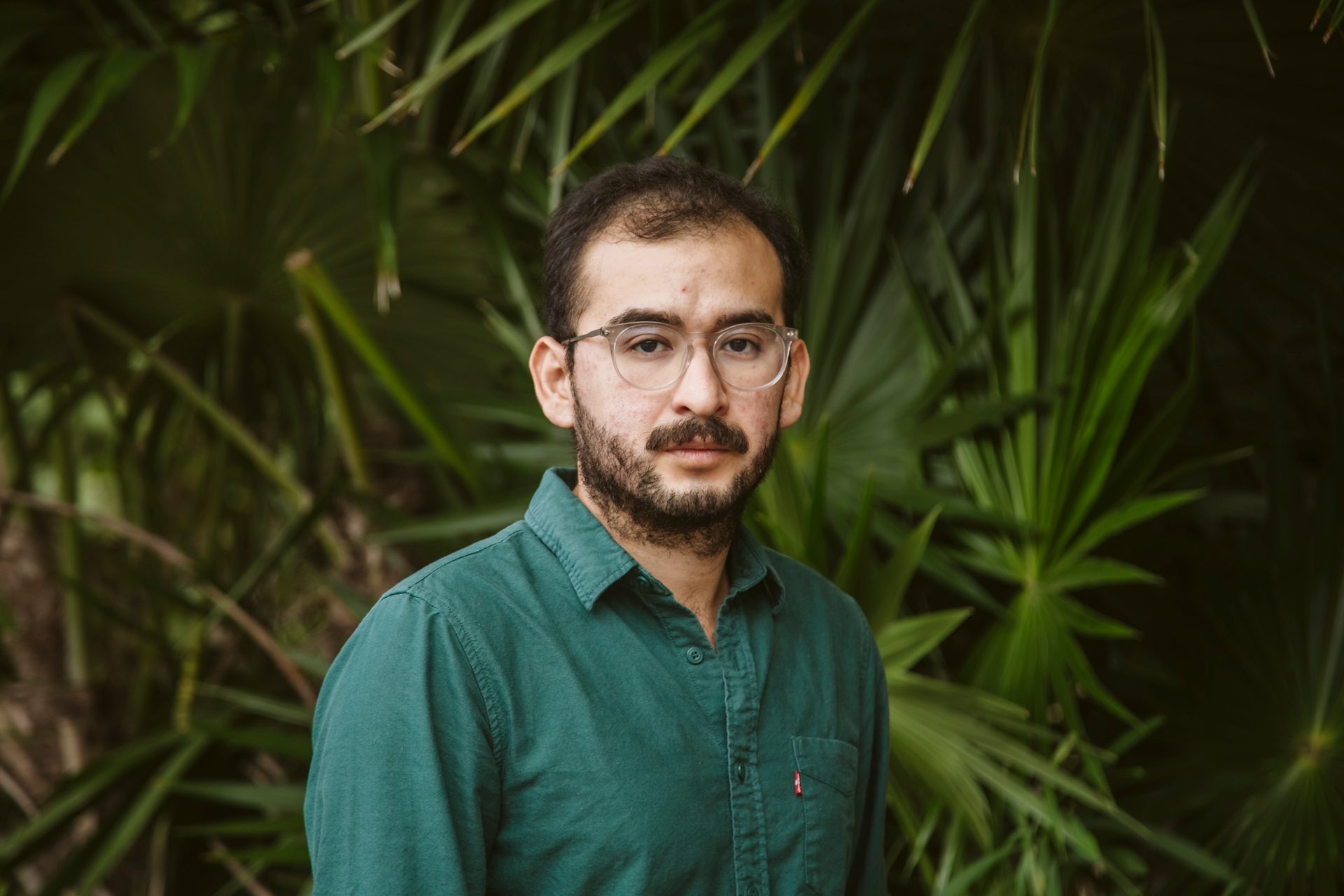
Facade of a house in the Santa Cecilia settlement in Cancun, Quintana Roo.
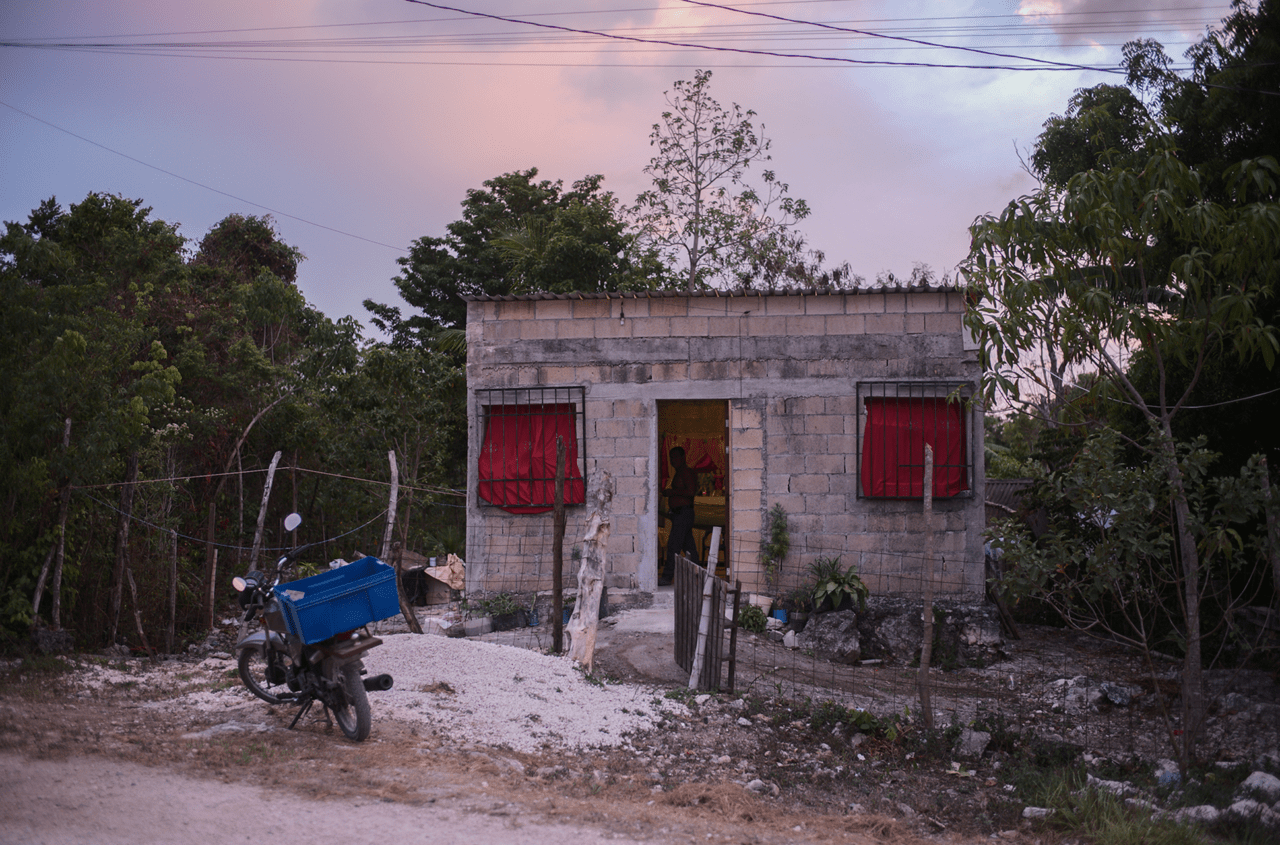
Ricardo Hernández “El otro Cancún: bravo, marginado, irregular" (The Other Cancún: Angry, Marginalized, Irregular), published in Gatopardo.
Ricardo Hernández narrates impeccably The Other Cancún. He addresses a set of human rights often neglected, which he highlights through contrasted sources and testimonies of people who work in the city, migrants, refugees, displaced and irregularly settled in Cancun. Ricardo provides an enlightening reading on exclusion, and broadens the view in the journalistic medium by addressing otherness from the intersection of migration, institutional oblivion, informal work, corruption, the effects of the pandemic and domestic violence, among others. In addition, the jury valued a journalistic work with accessibility for people with disabilities.
HUMAN RIGHTS CATEGORY
Second Place
The second place was awarded to Wendy Selene Pérez, Paula Mónaco Felipe, Luis Brito and María Ruiz for their joint work "El primer juicio por tráfico de ADN en México" (The First Trial for DNA Trafficking in México) published in alliance with Pie de Página.
The authors make readers experience the first trial for DNA trafficking in Mexico through a report that covers the hearings with an impeccable rhythm to take us into a social issue of great relevance for the country, such as the crisis of missing persons and forensic identification. The report highlights the absence of the families of missing persons during the trial. It also gives an account of what happened in the trial about a transaction described as the "commercialization of painful cases". In the continuation of the investigation, the authors give a voice to the families after the trial, who refer to an incomplete justice in DNA trafficking.
The Independent Jury gave three special mentions to:
Francisco Javier Rodriguez Lozano for his work “Agrodesplazados: el costo de la cuenca lechera en La Laguna” (Agrodisplaced: the Cost of La Laguna's Dairy Basin) published in the weekly Vanguardia.
Ángeles Mariscal, Isabel Mateos and Elena Zepeda for their work “Bordar la vida en una zona de conflicto armado” (Embroidering Life in an Armed Conflict Zone) published by Chiapas Paralelo.
Mónica Cerbón and Adolfo Valtierra for their work “Zacatecas: el nuevo epicentro de las desapariciones” (Zacatecas: the new epicenter of enforced disappearances) published by Quinto Elemento Lab.
Francisco Rodriguez Lozano
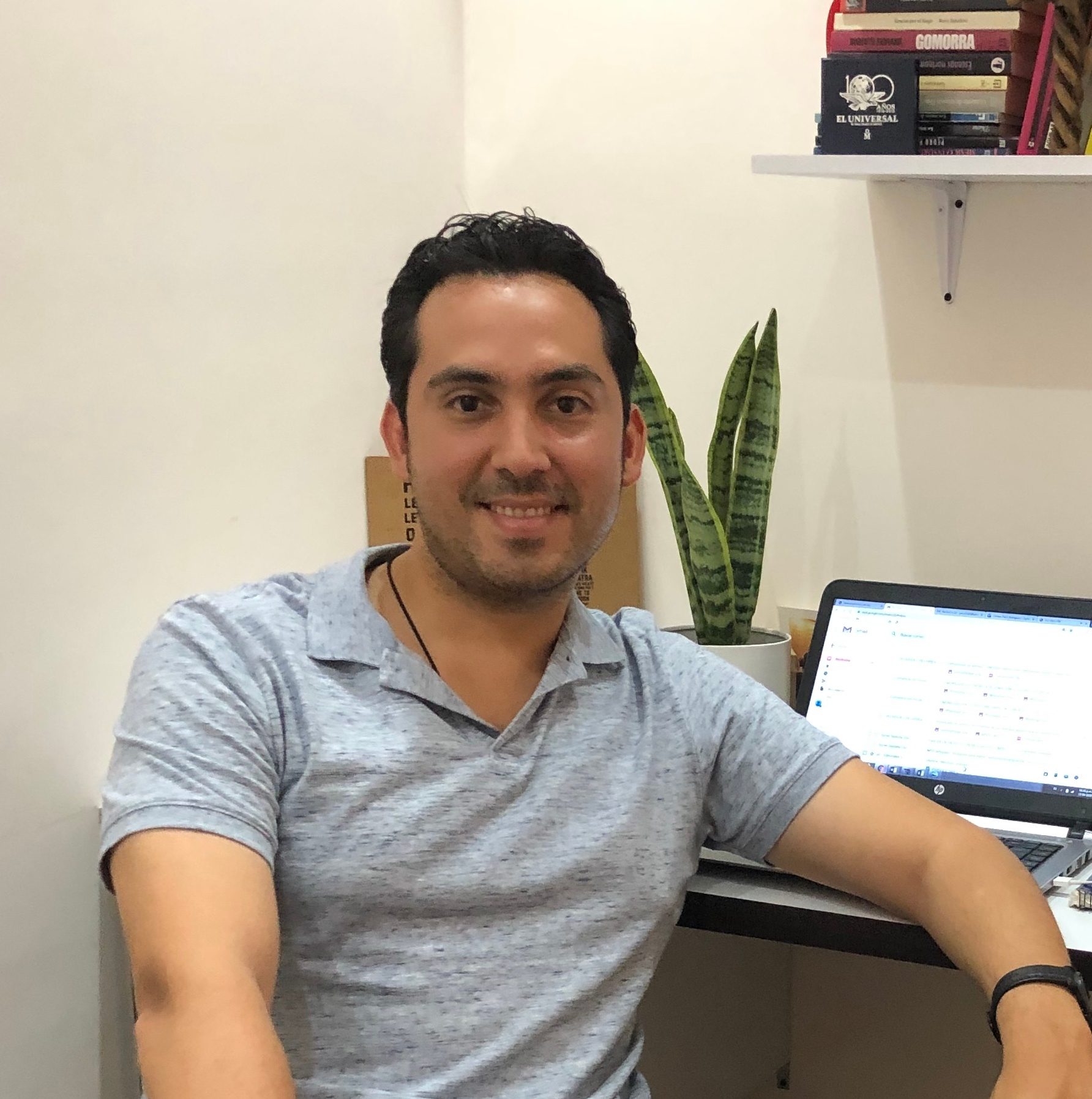
Ángeles Mariscal, Isabel Mateos and Elena Zapata
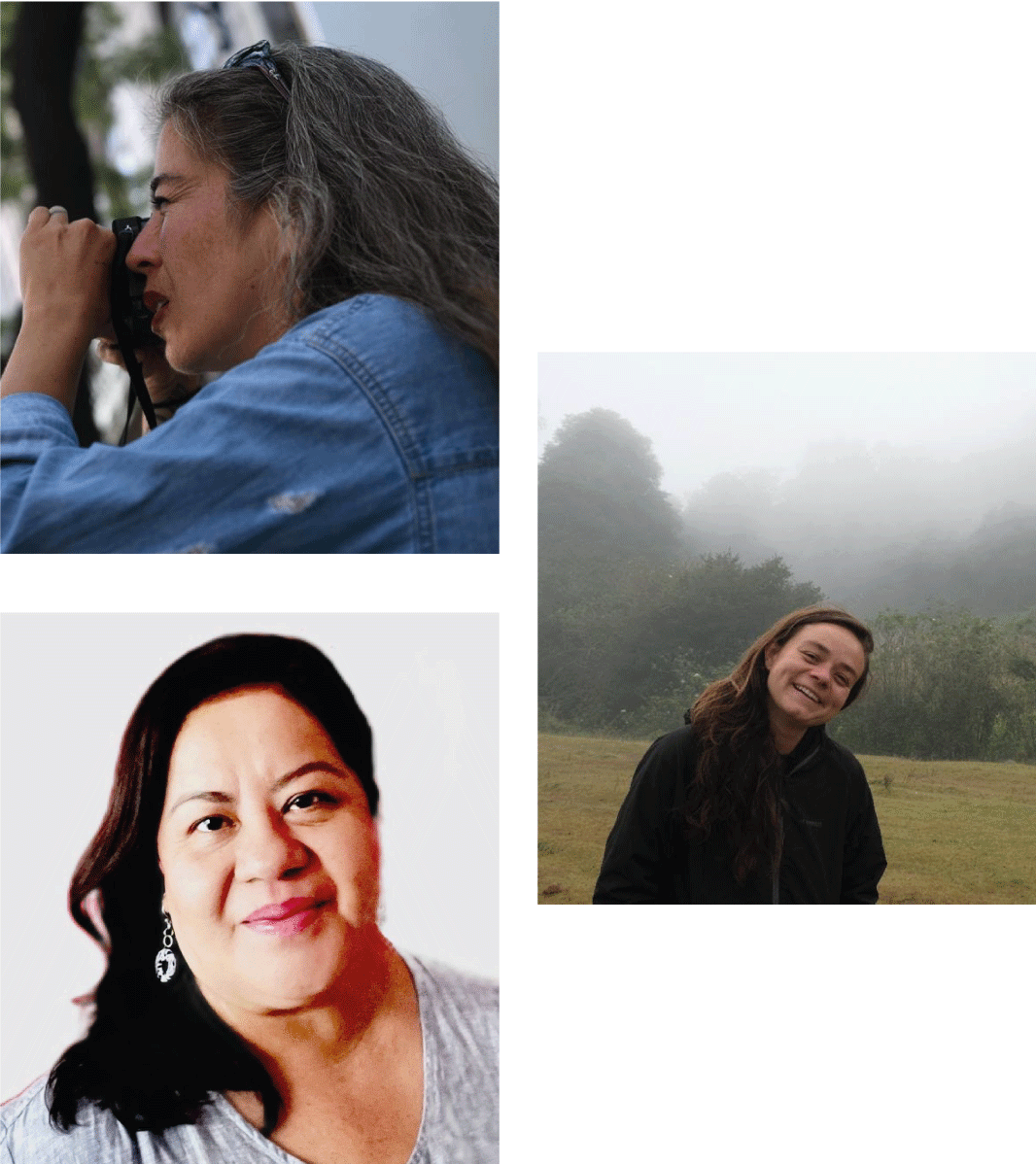
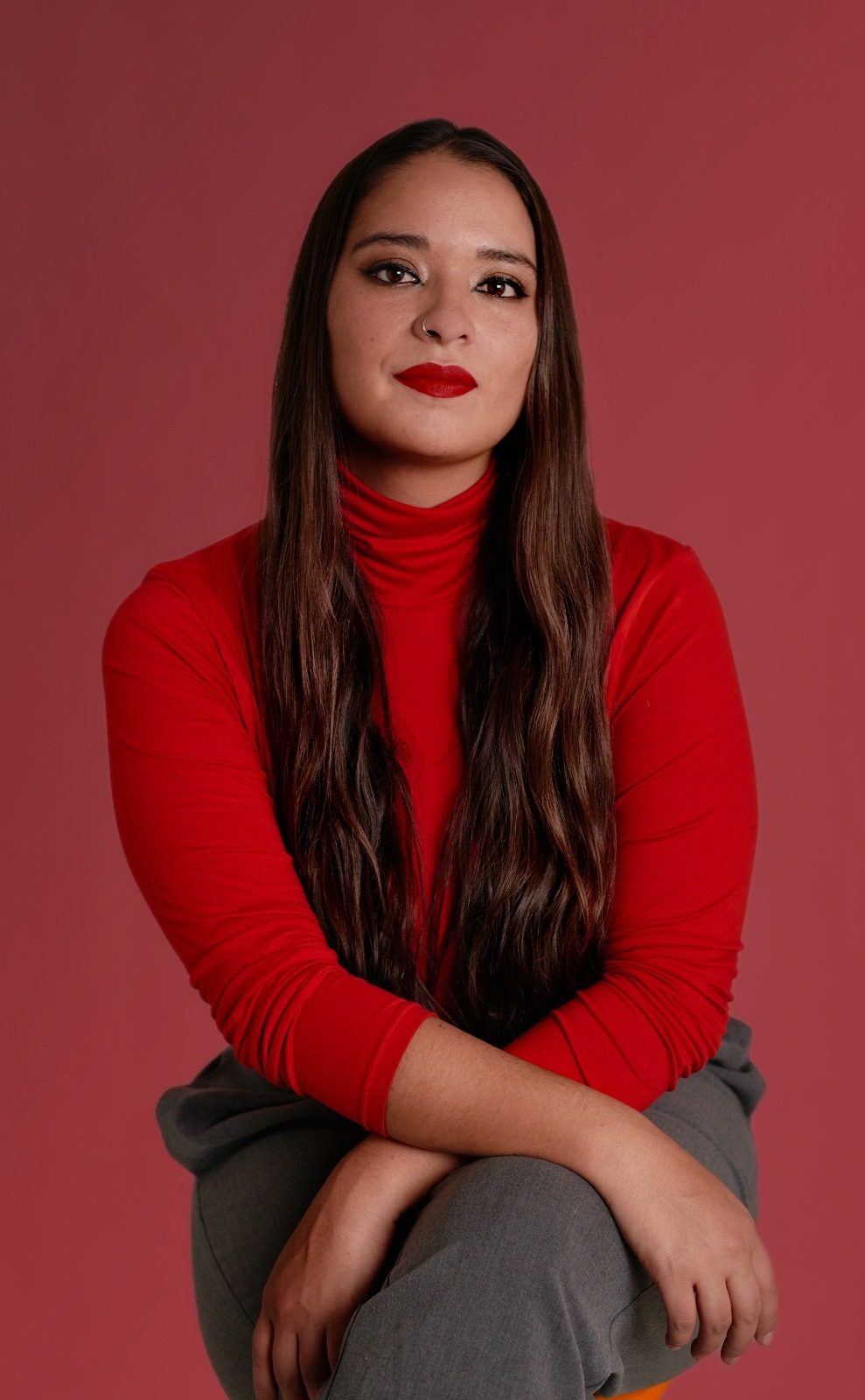
Mónica Cerbón
The Jury
The independent jury comprises renowned journalists and activists: Griselda Inés Triana López, Mariclaire Acosta, Darío Fritz, María Idalia Gómez, Edison Lanza, Sara Lovera López, Blanche Petrich Moreno, José Reveles, Simona Raquel Santiago Maganda, Kau Sirenio Poquinto and Samir Tounsi. Get to know the Jury here.
In the fifth edition, the jury highlighted the importance of the local perspective provided by journalists who write from the states that make up Mexico, where journalism is often practiced in very risky conditions, including the risk to their life.
The Jury also congratulated the ten finalists, who can be found here: https://linktr.ee/premiobreachvaldez
CATEGORY ON THE RIGHTS OF CHILDREN AND ADOLESCENTES
WINNER
Manu Ureste
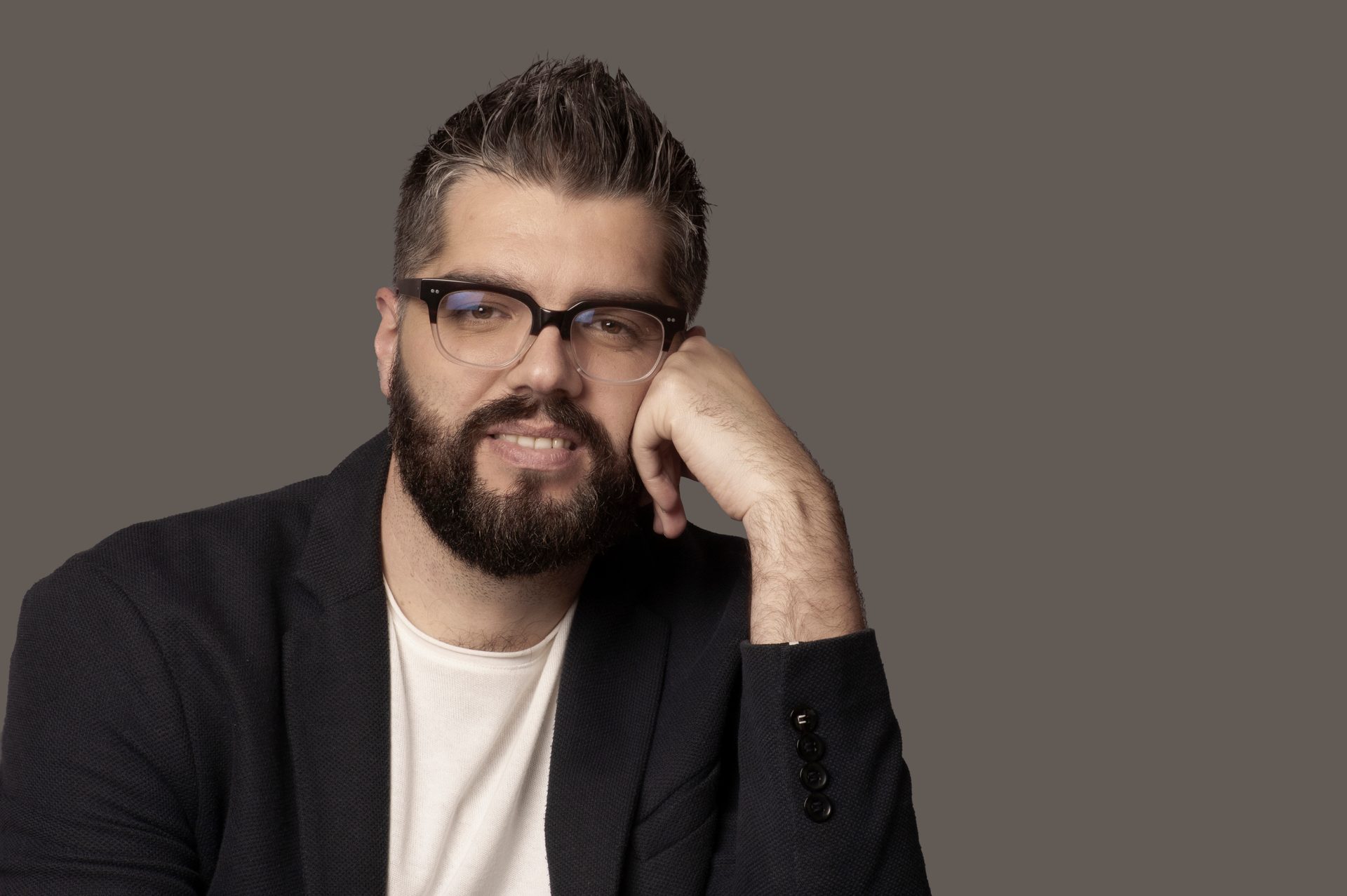
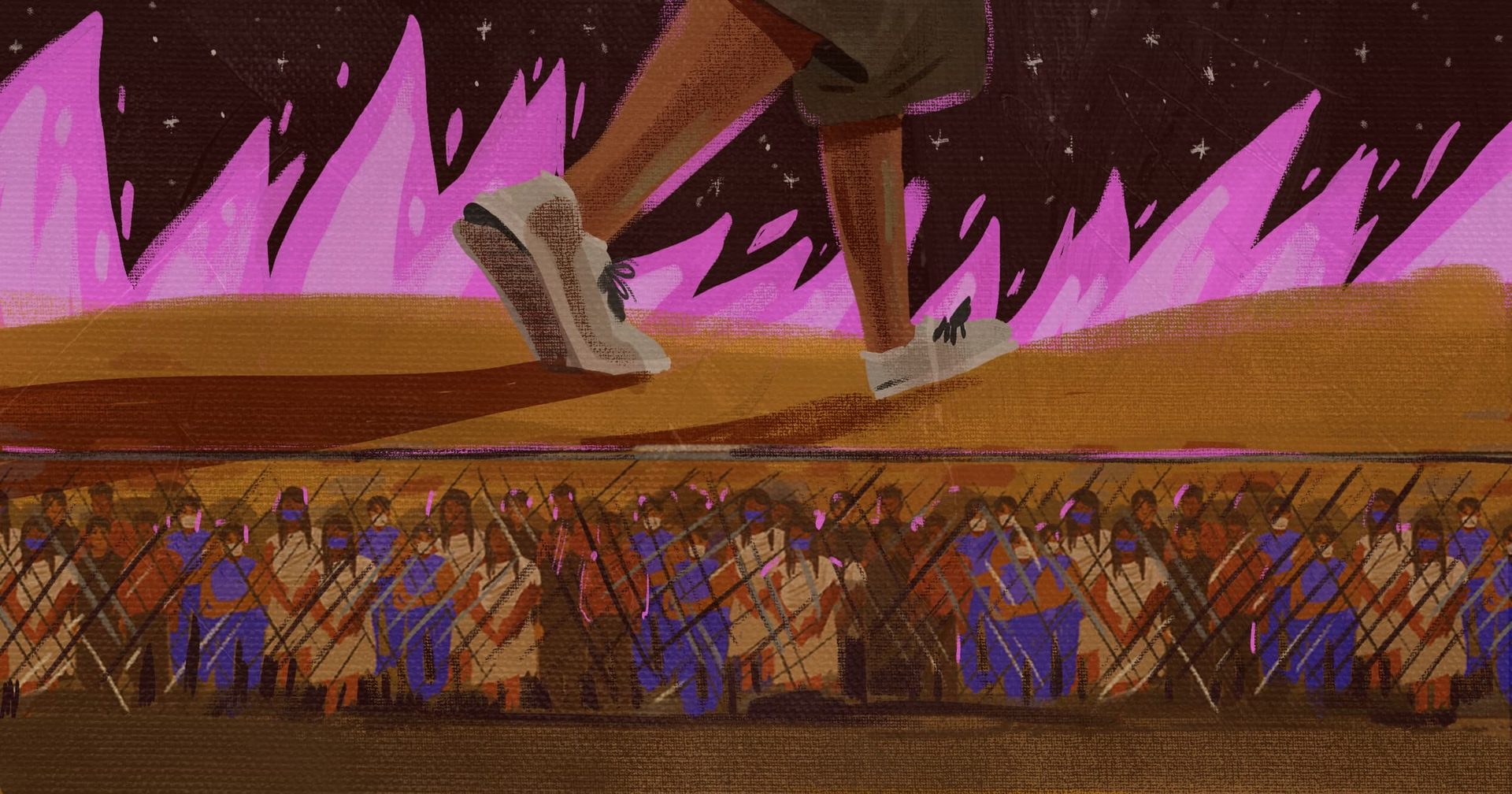
Manu Ureste is the winner for his work "niñez migrante, promesas de papel," (Migrant Children, Paper Promises) published by Animal Político. Manu delivers investigative journalism at its best both in terms of quality and impact, rigorously documented through the analysis of data and powerful testimonies of children and adolescents who experience the migration tragedy first-hand. The audiovisual production, texts and photographs bring into sharp relief the causes of migration by taking readers on the journey undertaken by children, adolescents and their families both in Mexico and their countries of origin in Central America. The work exposes the shortcomings of the State in the protection of children and adolescents within the framework of the reforms to the Migration Law and the Refugee Law.
The Jury congratulated seven finalists and gave a special mention to:
Blanca Juárez for her work “Entre carreteras y campos agrícolas: un viaje a las infancias trabajadoras” (Between Roads and Agricultural Fields: a Journey to Working Childhoods) published by El Economista.
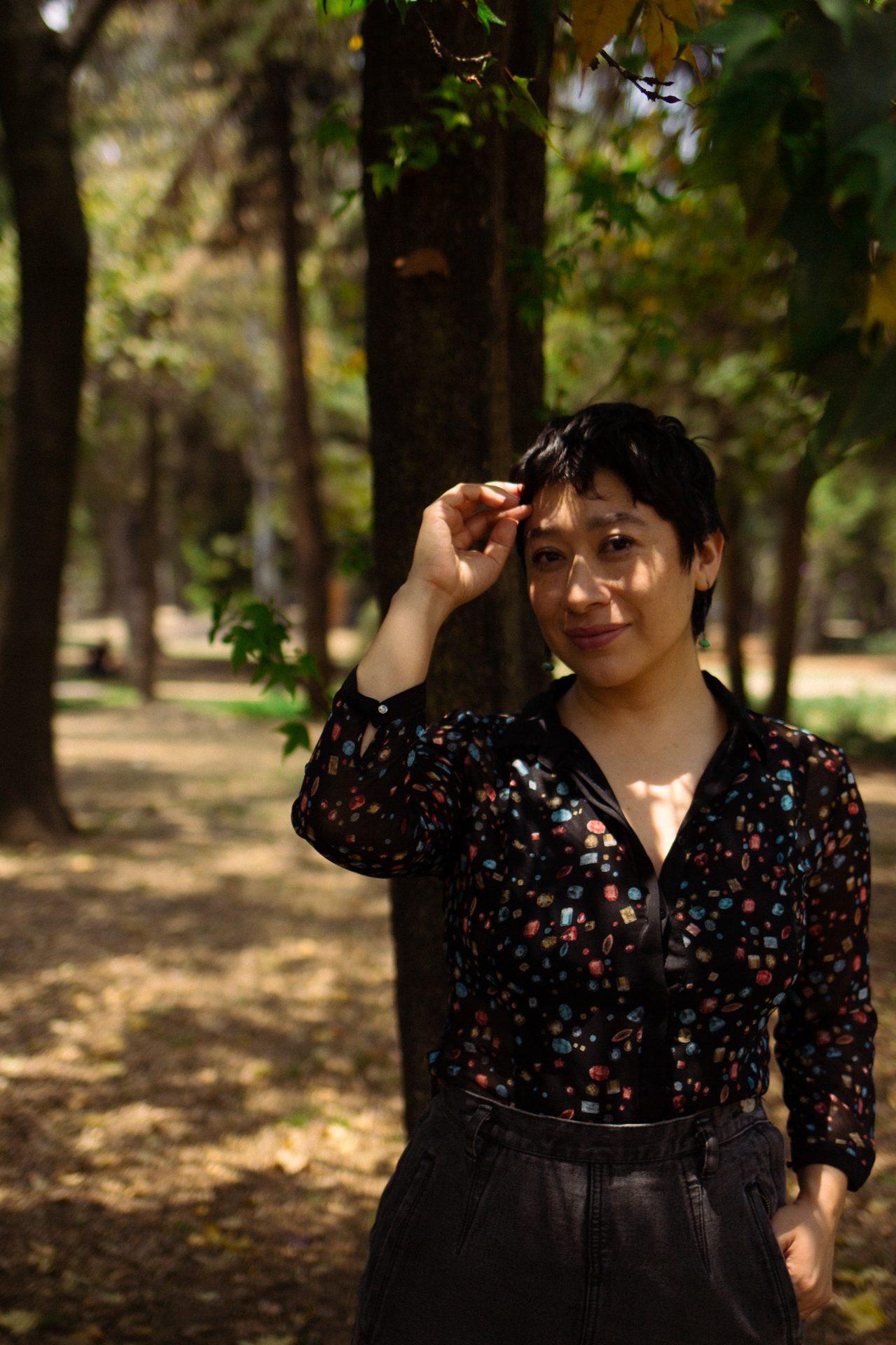
The Jury
The Independent Jury who assessed the works of the new category of children's and adolescents' rights included César Espinoza Chávez, Manuel Hernández, Hérika Martínez, Griselda Triana, Javier Verdín and Mitzi Alejandra Zarate. Get to know the Jury here.
The first edition of the Breach / Valdez Award for Journalism and Human Rights was awarded to journalist Daniela Rea, member of the Red de Periodistas de a Pie, for the rigorous, committed and humanist journalistic work that she has been carrying out for several years on issues of violence, forced disappearances, arbitrary detentions, torture, abuses of power and impunity in Mexico. Read more about her work here.
FIRST EDITION
2018
Alejandra Guillén, Mago Torres, Marcela Turati, David Eads, Erika Lozano, Paloma Robles and Aranzazú Ayala for their work “El país de las 2000 fosas” (The Country of the 2000 graves), which georeferences by year the appearance of graves in the country.
SECOND EDITION
2019
First Place
Alejandra Crail for her investigative journalism in the work "Matar a un hijo" (Killing a Child), published in Eme equis, which deals with family violence against children. The jury highlighted her mastery in the handling of data, testimonies and the depth of her research that serves to promote public policies to address this type of violence.
Second Place
Jesus Bustamante for his work “El tortuoso camino de reportar y localizar a un desaparecido en Sinaloa" (The Tortous Road to Report and Find a Missing Person in Sinaloa), published in the blog Desaparecidos en Sinaloa.
A special mention was given to Jonathan Lomelí, Evelyn Hyleann Olvera, Héctor Piña, Federico Monclova, Carlos Lemus and Fabricio Atilano for their work “Eligen morir o matar: los otros feminicidios” (They Choose to Kill or Die: the Other Feminicides) on bias in the administration of justice to convict women, published in Informador mx.
THIRD EDITION
2020
First Place
Gloria Piña for the documentary “Las sobrevivientes olvidadas por la justicia” (The survivors forgotten by justice). Gloria focuses on women who have survived an attempted femicide, highlights the difficulties they face in accessing justice, and offers a new and broader narrative on this crime.
Learn about Gloria Piña´s business trip to Europe as part of the First Place Award.
Second Place
Wendy Selene Pérez and Paula Mónaco Felipe for their work “Mirar nuestra muerte, mujer perito en México” (Watching ourselves die, female experts in Mexico), which tells the story of the struggles of women in criminology and forensic science. The story shows the lives of several women who investigate femicides, at the risk of becoming the next victims.
Special Mentions:
Gloria Muñoz Ramírez for her work “Samir sin reversa” (Samir Without Reverse).
Ginnette Riquelme and María Verza for their work “Supervivientes de ataque con ácido en México unen fuerzas” (Survivors of Acid Attacks in Mexico Join Forces).
The Jury congratulated 10 finalists, which can be found here
FOURTH EDITION
2022
